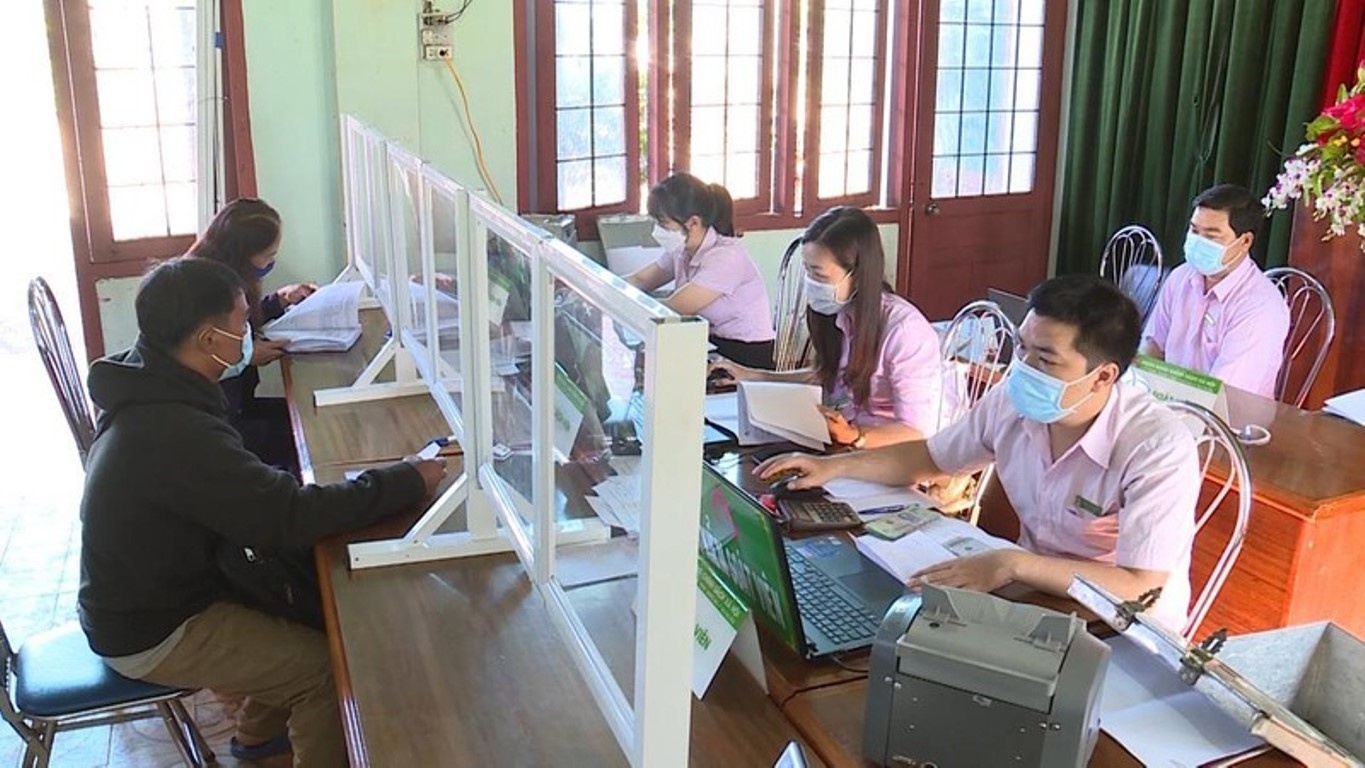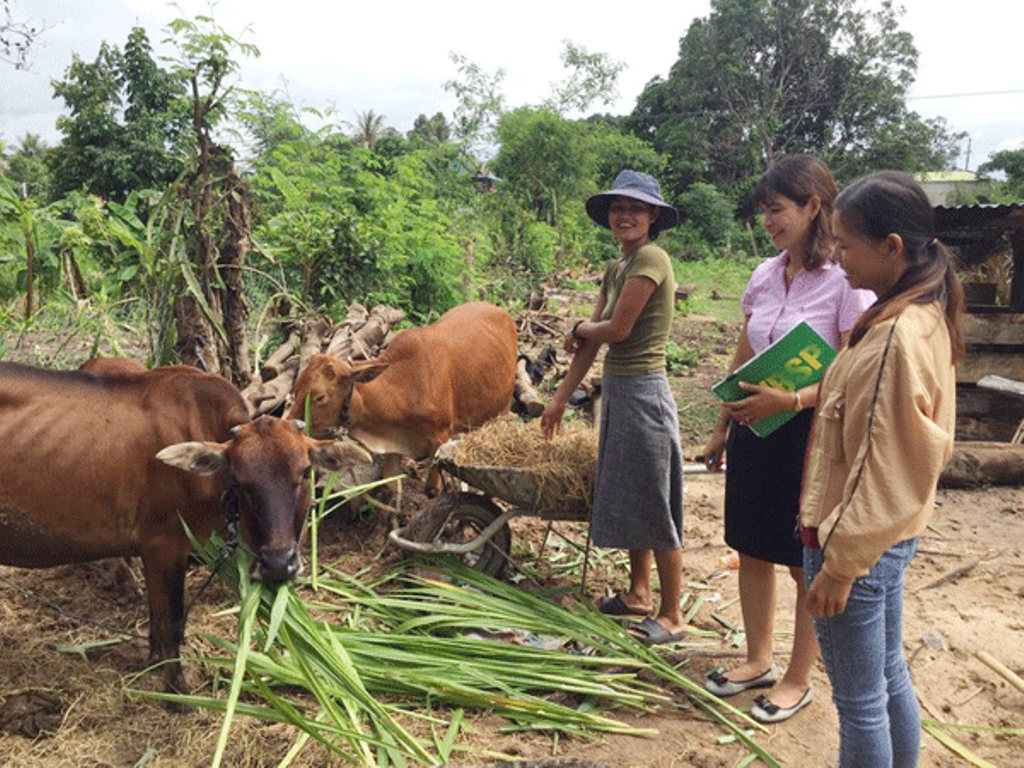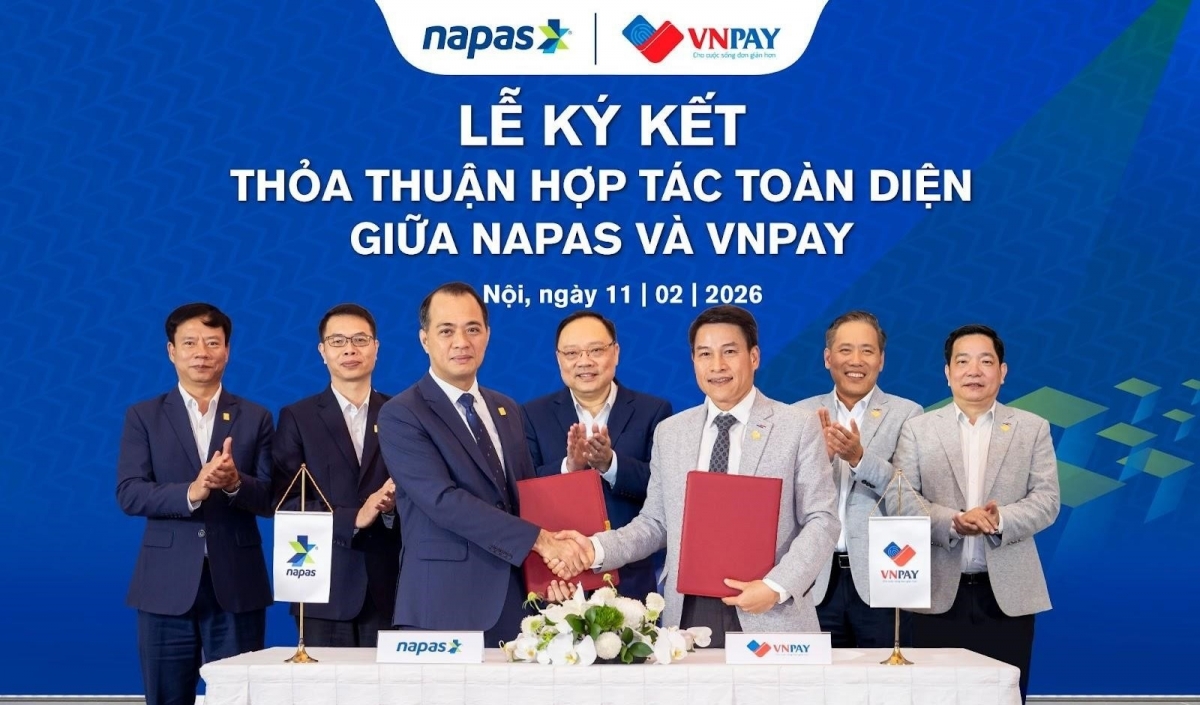INTERNATIONAL INVESTMENT
AND PORTAL
From just three credit programmes at first, the Vietnam Bank for Social Policies currently deploys more than 20 credit programmes in favour of needy households and other policy beneficiaries under the government’s assignment and several loaning schemes.
 In the past 19 years, policy credit has helped more than 6.1 million households escape poverty
In the past 19 years, policy credit has helped more than 6.1 million households escape poverty
According to the State Bank of Vietnam (SBV), as of October 31, 2021, the bank (VBSP) system had lent out VND243.2 trillion($10.57 billion) in total outstanding balance, committed to nearly 6.4 million customers. Policy credit sources have helped needy households and other policy beneficiaries to create livelihoods, meeting their essential needs daily.
Of the total outstanding balance, VND176.94 trillion ($7.7 billion), equal to 72.8 per cent of the total, was disbursed to credit programmes supporting production and business activities with view to creating more jobs such as lending programmes to needy households, the labourers going to work abroad under labour contracts, production and trading households in difficult areas, those coming from ethnic minorities’ groups, and small- and medium-sized enterprises (SMEs), among others.
This capital volume was committed to more than 4.4 million borrowers. Total lending turnover during the period reached VND539.85 trillion ($23.47 billion) with more than 27.1 million borrowers.
 More than 94 per cent of VBSP’s total balance went to support development in agriculture and rural areas
More than 94 per cent of VBSP’s total balance went to support development in agriculture and rural areas
The consumer credit programmes for building social housings or houses of needy households, supporting pupils and students, and building clean water and sanitation facilities in rural areas amounted to VND64.46 trillion ($2.8 billion), making up 27.2 per cent in total outstanding balance, with more than 3.4 million borrowers. Total lending turnover reached VND182.63 trillion ($7.94 billion), committed to more than 13.2 million customers.
"Policy credit sources have made active contributions to the success of national target programmes on sustainable poverty reduction and building new-style rural areas."
More than 94 per cent of VBSP’s total balance was to support development in agriculture and rural areas; 96 per cent of the balance was on implementing several government’s key policy credit programmes, through which VND27.84 trillion ($1.2 billion) was earmarked to lend for needy households, equal to 11.4 per cent of VBSP’s total balance. Additionally, VND35.77 trillion ($1.56 billion) was catered to near-poor household lending programme, equal to 14.7 per cent of the total, VND27.86 trillion ($1.2 billion) was disbursed to loaning programme to support production and trading households in difficult areas (11.5 per cent), and VND38.15 trillion ($1.66 billion) came to job creation loaning programme (15.7 per cent).
Statistics show that in the past 19 years, policy credit sources have helped more than 6.1 million households to escape the poverty threshold; creating jobs for nearly 4.9 million households; and giving loans helping nearly 134,000 labourers from policy beneficiary families to work abroad under labour contracts.
The capital sources also supported learning for more than 3.7 million pupils and students, helped build over 15.3 million clean water and sanitation facilities in rural areas, nearly 105,000 flood-resilient houses in the Mekong Delta region, over 606 gratitude houses for needy families, and more than 14,000 flood-resilient houses in the central region.
Aside from effectively supporting needy households and other policy beneficiaries through policy credit provision, VBSP has been paying due regard to improving credit quality along with doing a smart job with debt collection. As such, by October 31, 2021 total overdue debt and frozen debt volume at VBSP system was VND1.74 trillion ($75.65 million), accounting for 0.7 per cent of total outstanding balance, in which overdue debts came to VND664 billion ($28.87 million), representing 0.3 per cent of the total balance, and frozen debts amounted to VND1.1 trillion ($47.83 million), accounting for the remaining 0.4 per cent.
Leveraging these upbeat outcomes, policy credit sources have made active contributions to the success of national target programmes on sustainable poverty reduction and building new-style rural areas. As the National Assembly’s Social Affairs Committee has noted, “Policy credit activities continue to prove practical and efficient and have been the highlight of poverty reduction. The capital volume tailored to support needy people and households have been complemented from diverse sources.”
By Hong Thuy



















